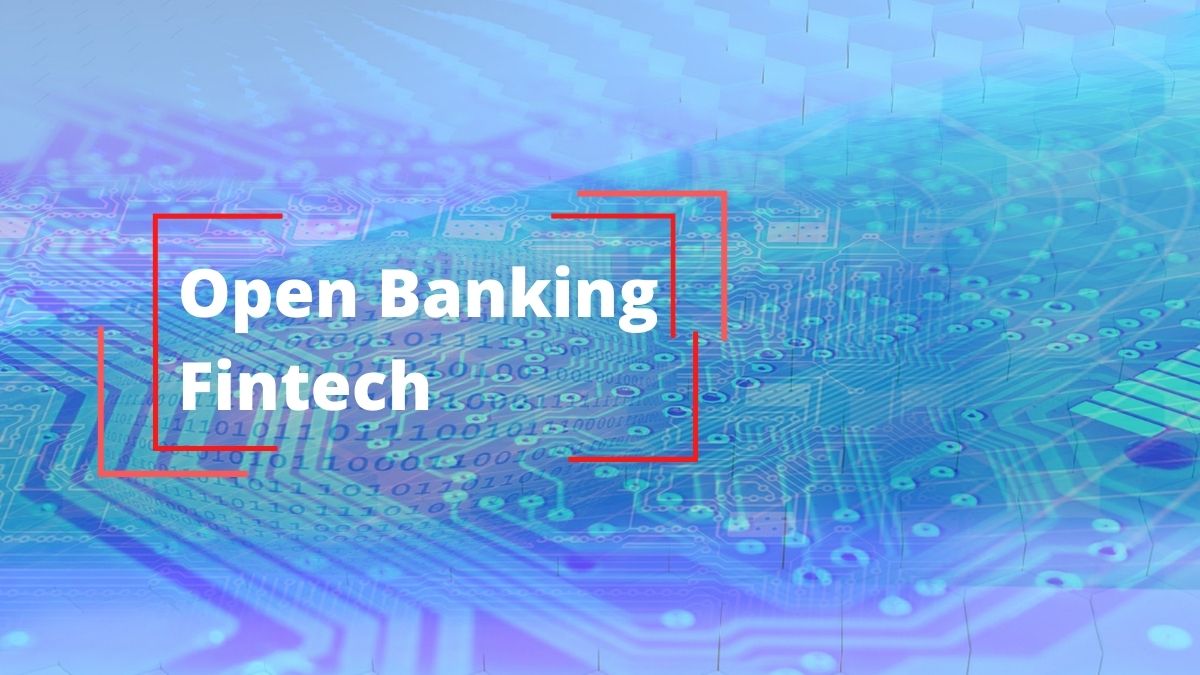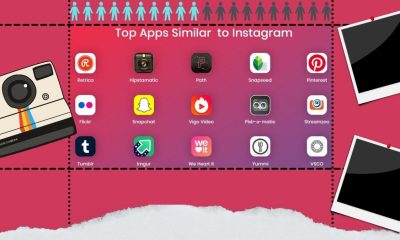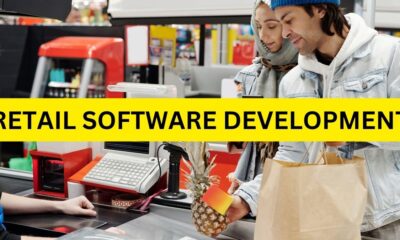Business Imprint
Open Banking Technology: Advantages and Risks

Recent years have witnessed the emergence and development of multiple financial ecosystems. Their infrastructures provide users of certain financial institutions or assets with a full cycle of services.
Sometimes, these ecosystems intersect; sometimes, they exist in isolation from each other. Some projects seek to separate themselves to be able to provide absolutely anonymous services to their customers. Others, on the contrary, see their competitive advantage in establishing interaction, for example, between digital and fiat currencies. Payday Depot will help you maintain the stability of your financial position in any situation.
One of the new financial ecosystems that have been actively promoted in recent years is open banking. Who benefits from it, and who loses with its implementation? Does it bring any significant benefits to its participants? May it happen that without decisively improving the financial interactions, it will soon disappear as a non-working technology?
The Concept of Open Banking
Open banking is a European initiative intended to change the principles of the financial service industry’s work. The initiators of this technology presented it as revolutionary because it is designed to create a single marketplace for financial services.
The development of digital platforms has led to the situation when the traditional banking system began to experience strong competition from FinTech projects and decentralized blockchains. Open banking proposes to further reduce the banks’ monopoly on the provision of financial services. To do this, the products of different financial service providers will be accumulated and offered to the end consumers within the framework of open banking technology.
Why the Idea of Open Banking Does Not Seem Attractive to Everyone
This idea of creating a single marketplace for all financial services sounds wonderful for everyone except for banks only on its surface. Under the EU Directive, banks were forced to open the possibility of access to customer accounts to their competitors — external financial service providers. This increased the competitive advantage of the latter and weakened the banks. However, not only banks can become the losing side of the introduction of this technology.
Open banking is a financial services term as part of financial technology that refers to: The use of open APIs that enable third-party developers to build applications and services around the financial institution.
Is It Possible to Implement Open Banking Without Open API?
There is one very important nuance hidden in Open Banking: the use of this technology implies the possibility of access to the user’s personal data for third parties through open APIs. Of course, this will happen only with the consent of the customer. Open APIs are needed to build the microservice architecture of this shared marketplace. In fact, the API is a socket through which any company can connect to the banking information system to provide its services to customers.
Advantages of Open Banking Idea
- Accelerated development and implementation of new financial technologies.
- Pushing technologically backward banks to more intensive development.
- Expanding consumer choice.
- The Convenience of the interface due to the aggregation of a wide range of services.
Possible Risks for Customers
However, the risks associated with the open transmission of customer data carry significant threats. Hacking such systems is easier for scammers. Therefore, the likelihood that there will be a leak of data from open banking users is quite high. Moreover, unscrupulous financial service providers can connect to this common “socket.”
But these are the features of the common market: here, you can both profitably buy services and meet with scammers. Therefore, the next step in the implementation of the Open Banking idea should be the development of serious measures to protect customers who have trusted this undoubtedly useful technology.
-

 Marketing Tips6 days ago
Marketing Tips6 days agoWhat is my Instagram URL? How to Find & Copy Address [Guide on Desktop or Mobile]
-

 Cyber Risk Management1 day ago
Cyber Risk Management1 day agoHow Much Does a Hosting Server Cost Per User for an App?
-

 Grow Your Business6 days ago
Grow Your Business6 days agoBest Instagram-like Apps and their Features
-

 Outsourcing Development1 day ago
Outsourcing Development1 day agoAll you need to know about Offshore Staff Augmentation
-

 Software Development1 day ago
Software Development1 day agoThings to consider before starting a Retail Software Development
-
Marketing Tips6 days ago
B2B Instagram Statistics in 2024
-

 Grow Your Business20 hours ago
Grow Your Business20 hours agoThe Average Size of Home Office: A Perfect Workspace
-
Solution Review20 hours ago
Top 10 Best Fake ID Websites [OnlyFake?]








